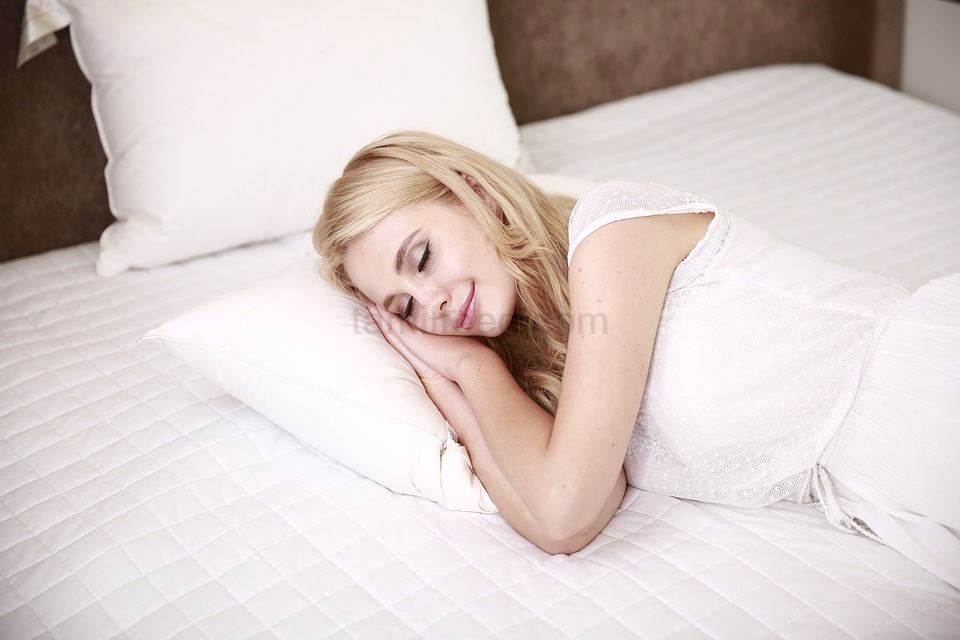1. Exercise
Try to exercise 20 to 30 minutes a day. Daily exercise often helps people sleep, although a workout soon before bedtime may interfere with sleep. For maximum benefit, try to get your exercise about 5 to 6 hours before going to bed. Do not exercise within two hours of bedtime.
2. Sleep until sunlight.
If possible, wake up with the sun, or use very bright lights in the morning. Sunlight helps the body’s internal biological clock reset itself each day. Sleep experts recommend exposure to an hour of morning sunlight for people having problems falling asleep.
3. Control your room environment and temperature.
Maintain a comfortable temperature in the bedroom. Extreme temperatures may disrupt sleep or prevent you from falling asleep. Ensure a dark, quiet environment whenever possible. Try to avoid going to sleep with the television or radio on, because it can be a bad habit that leads to the need to have the TV or radio on every time you try and sleep.
4. Shut down your devices
As you’re winding down for bed, turn off that laptop, smartphone, tablet AND TV! They all stimulate your brain rather than relax it. Try reading or listening to a relaxing playlist instead.
5. Try to Sleep and Wake at Consistent Times
If you struggle with sleep, try to get in the habit of waking up and going to bed at similar times. After several weeks, you may not even need an alarm.
6. Don't Drink Alcohol
Downing a couple of drinks at night can negatively affect your sleep and hormones.
7. Darken your bedroom — completely
Recent research has shown that a dark bedroom helps us sleep better and more completely every night. Studies found that even small things — like the glow of your clock or LEDs from another device in your bedroom can reduce the overall quality of your sleep.
8. Don't Consume Caffeine Late in the Day
Caffeine can stay elevated in your blood for 6–8 hours. Therefore, drinking large amounts of coffee after 3–4 p.m. is not recommended — especially if you are sensitive to caffeine or have trouble sleeping
While a night-cap may cause you to sleep faster, it actually can lead to a poorer quality of sleep. Caffeine (even several hours before bed) can also keep you up. If you’re finding it hard to sleep, try switching to decaf in the afternoons and avoid caffeine-containing beverages or food in the evenings. You may also want to limit heavy meals before bed since they can keep you up.

